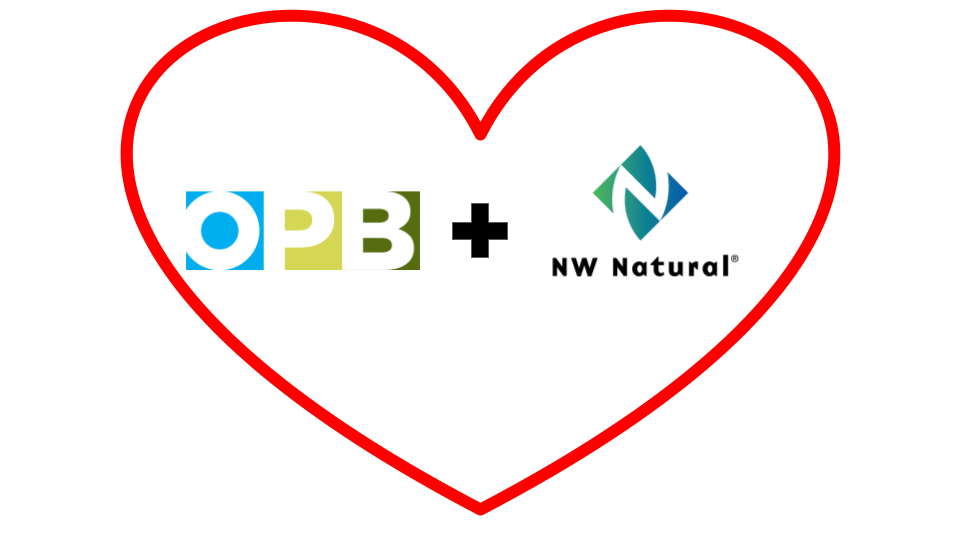Sign up for daily news updates from CleanTechnica on email. Or follow us on Google News!
My local public radio station, Oregon Public Broadcasting (OPB), which broadcasts throughout Oregon and southwest Washington, has been running advertisements for a fossil gas utility named Northwest Natural over the past year. OPB has aired ads about the gas utility’s appliance store where users can go and buy fossil fuel-powered, climate crisis-causing machines that also create significant indoor and outdoor pollution problems (see below). Imagine the cognitive dissonance of citizens in my state when the largest county health authority in Oregon warns residents about the respiratory risks of burning gas in the home, and the statewide public radio station advertises appliances which do just that.
Why Would Public Radio Take Money From Fossil Fuels?
OPB issued a statement as to why it accepts advertising funds from a fossil fuel company, saying “We work with a variety of sponsors in our communities, unless they are engaged in illegal activity or make claims that are untrue, cannot be proven or that violate our policies.”
While natural gas isn’t illegal yet in Oregon, there are over 130 cities, regions, and states that are banning its use, and cities and towns in Oregon are trying to do the same. Air quality districts in California are prohibiting the fuel because furnaces, water heaters, and stoves emit more NOx (aka smog) than fossil gas power plants!
Fossil gas companies also often make claims that are untrue. OPB’s own reporting shows how Northwest Natural has used the same tactics as cigarette companies in trying to cast doubt on the health and climate problems caused by burning their fuel.
Advertising fossil fuels on public radio is problematic because it legitimizes in the public mind the very substances causing our climate crisis. It transfers the cachet that public radio has earned as an unbiased news source to harmful substances that our society needs to transition away from quickly. It says to the public, “your trusted public radio station doesn’t think these substances are bad and so you shouldn’t either.”
But OPB isn’t alone in accepting dollars to advertise fossil fuels. A recent NPR story highlighted how National Public Radio itself accepts funding from the likes of Exxon Mobil and Chevron. “NPR has no list of sources from which funding will be refused,” is how NPR’s spokeswoman puts it. Besides that statement being generally concerning, I wonder if it’s really true. Some things are so taboo, so harmful or divisive (think tobacco, firearms, pornography) that they will never be advertised on publicly sponsored media. After the Intergovernmental Panel on Climate Change declared a “Code Red for Humanity,” after 2023 is almost guaranteed to be the hottest year on record, after sweltering heat records were set everywhere (26 days above 105 degrees in North Texas for example), isn’t it high time we declare that public media shouldn’t accept money from companies causing the climate crisis?

Private media organizations like The Guardian and Vox Media are refusing to accept funds from fossil fuel companies. It seems like a no-brainer to me that public radio and television should do the same. Fossil fuels, like cigarettes, shouldn’t be promoted on any media, especially public media. Instead, these trusted public media organizations should be teaching communities how to quit using them.
If you’re so moved, here are the comments pages for OPB and NPR.
Have a tip for CleanTechnica? Want to advertise? Want to suggest a guest for our CleanTech Talk podcast? Contact us here.
Our Latest EVObsession Video
https://www.youtube.com/watch?v=videoseries
I don’t like paywalls. You don’t like paywalls. Who likes paywalls? Here at CleanTechnica, we implemented a limited paywall for a while, but it always felt wrong — and it was always tough to decide what we should put behind there. In theory, your most exclusive and best content goes behind a paywall. But then fewer people read it!! So, we’ve decided to completely nix paywalls here at CleanTechnica. But…
Thank you!
CleanTechnica uses affiliate links. See our policy here.

